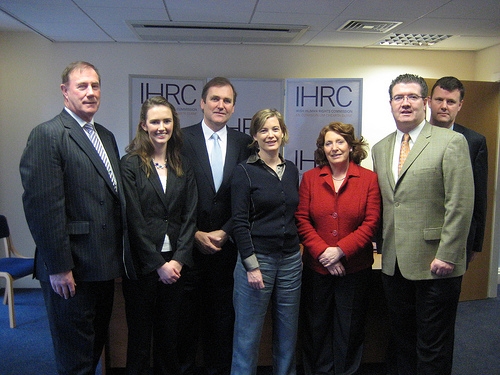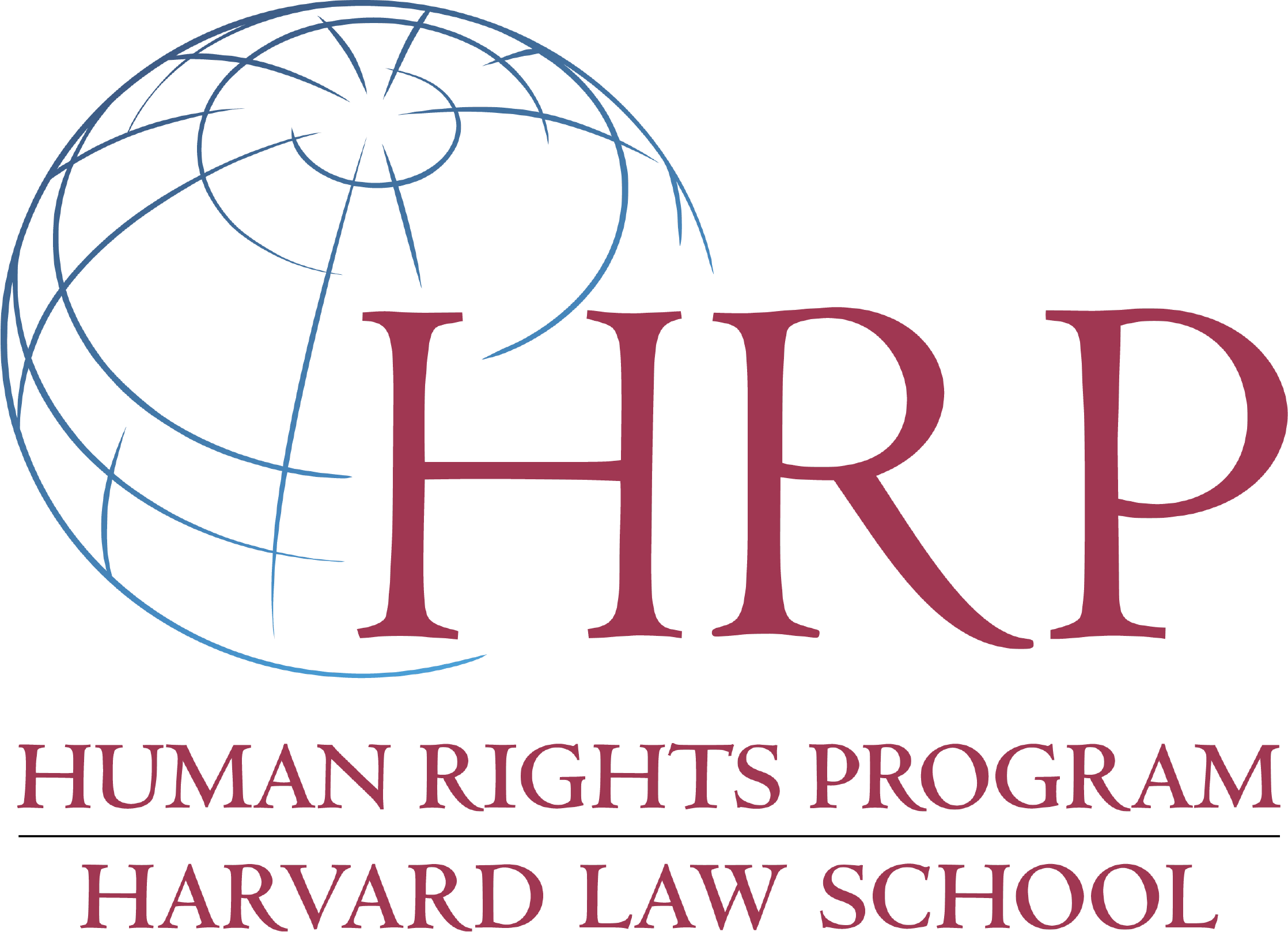
Abuse by Church and State: The Hidden Story of Ireland’s Magdalene Laundries
As Ireland grapples with the current economic crisis, there is no shortage of soul-searching going on in the country today. But as Russell Shorto makes clear in a recent article for The New York Times Magazine, the economy is only one aggravating factor in the identity crisis. The legacy of child abuse by church officials has also taken a serious toll on Irish society, forcing us to question the state’s close relationship with the Catholic Church, and to look at who we really are and what we want to stand for.
Shorto is quick to commend the Irish government for its reaction to the sex abuse scandal, pointing out that “Ireland is the first country to bring the force of its federal government to bear against the church.” And indeed, the country has seen several official inquiries, a state apology and a redress scheme for survivors of childhood abuse in state-funded, church-run residential institutions. But missing from his article—and most of the narratives about abuse by church officials—is another critical part of the Catholic Church’s abuse story: the incarceration and forced labor of as many as tens of thousands of women and girls in Ireland’s Magdalene Laundries.
The government has yet to acknowledge its role in the suffering of these women, whom the Catholic Church deemed unfit for society and warehoused in residential institutions. Among them were women who had given birth outside marriage; had been sexually abused; were considered “promiscuous” or a burden on their families. Some were girls, as young as eleven. Many grew up in the care of the State and the Catholic Church.
For their perceived sins, they were forced to perform unpaid labor for the commercial benefit of four Irish orders of nuns. The conditions in the Magdalene Laundries were brutal: enforced silence, constant surveillance, severe emotional and physical abuse, and deprivation of educational opportunity. The abuse continued from the establishment of the Irish Free State in 1922 until the last laundry closed its doors in 1996.
Growing up in Ireland, I heard little about this in school, and even in college, studying human rights. But as an LLM at Harvard Law School, I looked more closely at the gender dynamics of Ireland’s official inquiries into church-related abuse, and began to piece together the untold history of discrimination against women and girls by church and state.
Since then, I have been campaigning with Justice For Magdalenes, an all-volunteer advocacy group, to bring about an official apology, inquiry and redress scheme for survivors—and to make the government see that Ireland’s restorative justice process is far from over.
The religious orders may have run the institutions, but it is clear from the evidence that the state was complicit. Court records show that while the majority of women entered the laundries through their families or community members, a number of women were referred to the laundries as an alternative to a prison sentence. According to parliamentary records, the women washed army laundry for the Department of Defense. Police were routinely involved in returning women and girls who escaped, Magdalene survivors say; government reports show an awareness at all times of the laundries’ function.
And yet the Irish government has refused to carry out an official inquiry. Its rationale: the state never regulated, inspected, or funded the laundries.
As part of our campaign, Justice for Magdalenes made an application last year to the Irish Human Rights Commission, claiming human rights violations by the state, as well as indirect violations, through its failure to prevent and suppress slavery, servitude, and forced labor by the religious orders. In November, the Commission responded to our application with an official recommendation to the Irish government to immediately set up a statutory inquiry and compensation scheme for the survivors.
It was a major step forward for the campaign. Without an official apology from the state and a truth-telling process, the women of the Magdalene Laundries will continue to suffer from a powerful stigma, just as the survivors of childhood sexual abuse did before them. And without their stories, Irish society will not be able to move on in a way that recognizes—and puts right—the sex discrimination and abuse of power of the past.
There is no way of knowing exactly how many women and girls suffered in the Magdalene Laundries—who they were, and how many ever left; to date, the religious orders involved in the running of the laundries have refused to open up their post-1900 records. But the state can and should choose a different path. In the coming weeks, Ireland will form a new government; members of that government will have the opportunity to move the country forward by choosing truth, apology and hope. I sincerely hope they take it.
Maeve O’ Rourke is the Human Rights Program’s 2010-2011 Global Human Rights Fellow. She is currently working in London for Equality Now, an international human rights organization dedicated to action for the civil, political, economic and social rights of girls and women. Maeve is focusing on discrimination against women in law and in practice in Europe and Central Asia. Note: The deadline to apply for HRP’s 2011-2012 Global Human Rights Fellowship is March 11.
